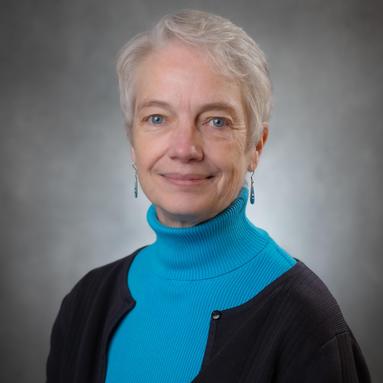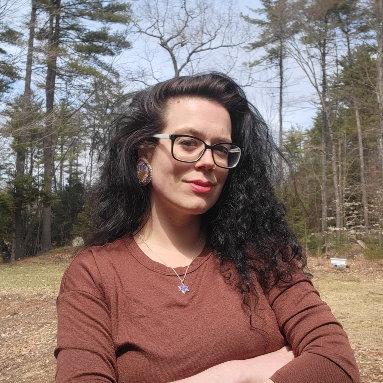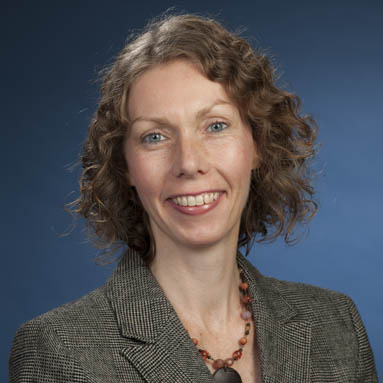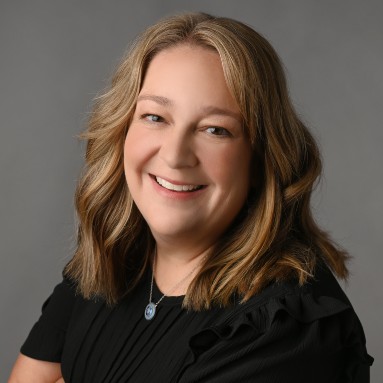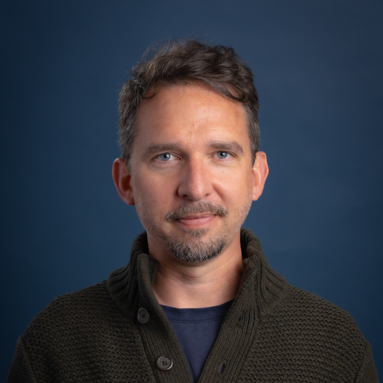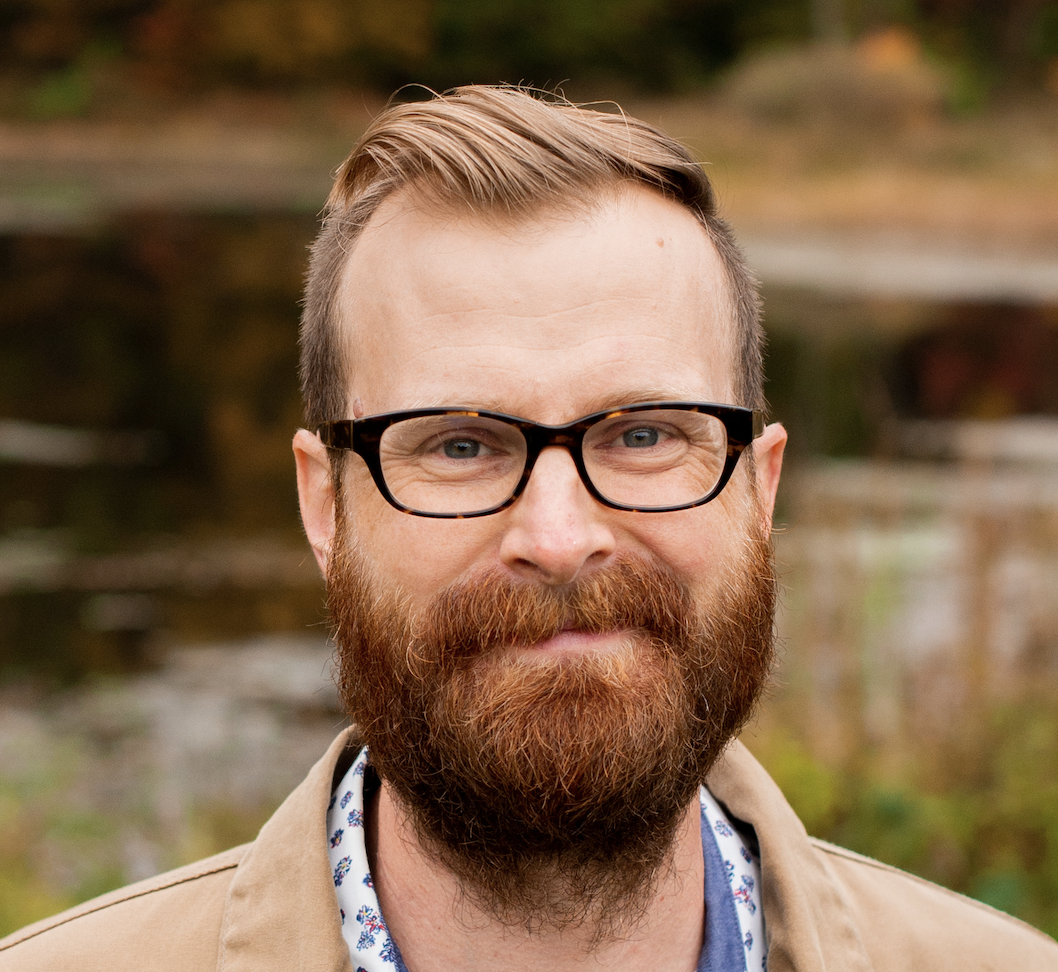Four WPI faculty members have been selected for this year’s cohort of faculty fellows at the Center for Project-Based Learning (CPBL). Now in its third year, the fellowship program is proving a successful—and increasingly popular—multidimensional growth opportunity for WPI faculty.
“Our faculty fellows program is a wonderfully symbiotic way for WPI faculty to engage in their own professional development while also producing a practical tool, like a resource guide or sample lesson plans, that enriches the field of project-based learning scholarship and teaching,” says Kris Wobbe, director of the Center for Project-Based Learning.
This year’s cohort includes Zoë Eddy, assistant professor of teaching in the Department of Integrative and Global Studies; Ryan Madan, associate professor of teaching in the Department of Humanities and Arts; Stephen McCauley, associate professor of teaching in the Department of Integrative and Global Studies; and Daniel Treku, assistant teaching professor in The Business School.
Over the summer each fellow will research an area of their choosing, then produce a related resource that will be accessible to faculty at WPI and beyond. (See In the Works, below, to learn more about the 2025 cohort’s projects and for a link to previous fellows’ deliverables.)
Faculty fellows also meet regularly as a group to discuss their topics and either teach a workshop or coach a team at the Institute for Project-Based Learning. For engaging in the program and submitting their final resource, each fellow receives $10,000.
Professional development, in community
The program is an especially beneficial opportunity for younger faculty who are working toward tenure and promotion, in part because each fellow creates a resource that becomes publicly available. Wobbe notes that the community that develops among each cohort is likewise valuable, regardless of where the fellows are on their professional journey.
“Over the summer the fellows have regular meetings, engaging in rich conversations about each other’s projects, providing not just guidance but also new ways of looking at things,” she says. “Faculty don’t often spend much time talking to each other about how they’re teaching or why they’re teaching something in a certain way. The fellows are given the opportunity to have those conversations—and they really enjoy it.”
They’ve also told their colleagues: Interest in the fellowship program has grown substantially since it began in 2023, with 23 faculty members applying for this year’s four spots. Last year the CPBL received 13 applications.

